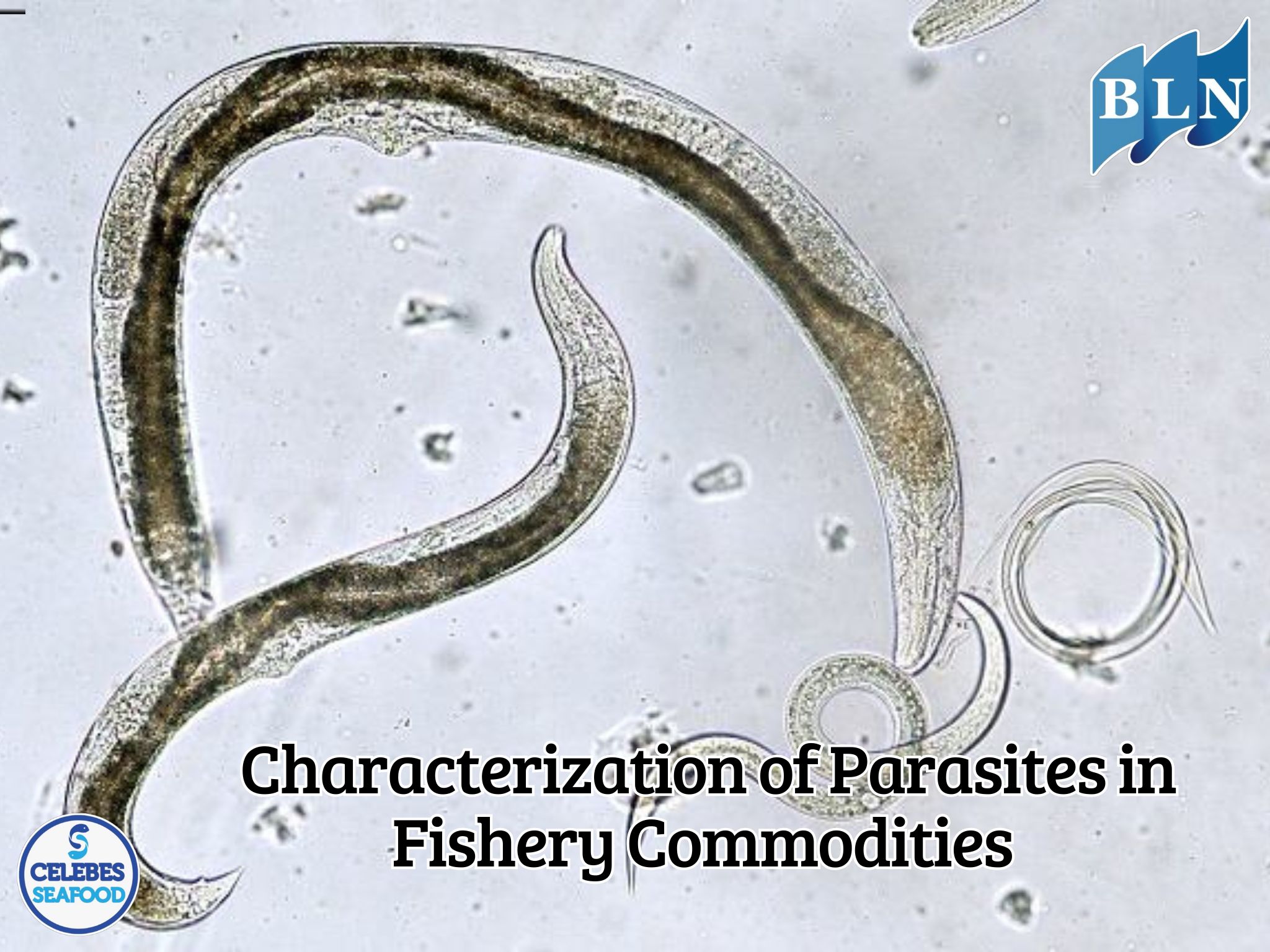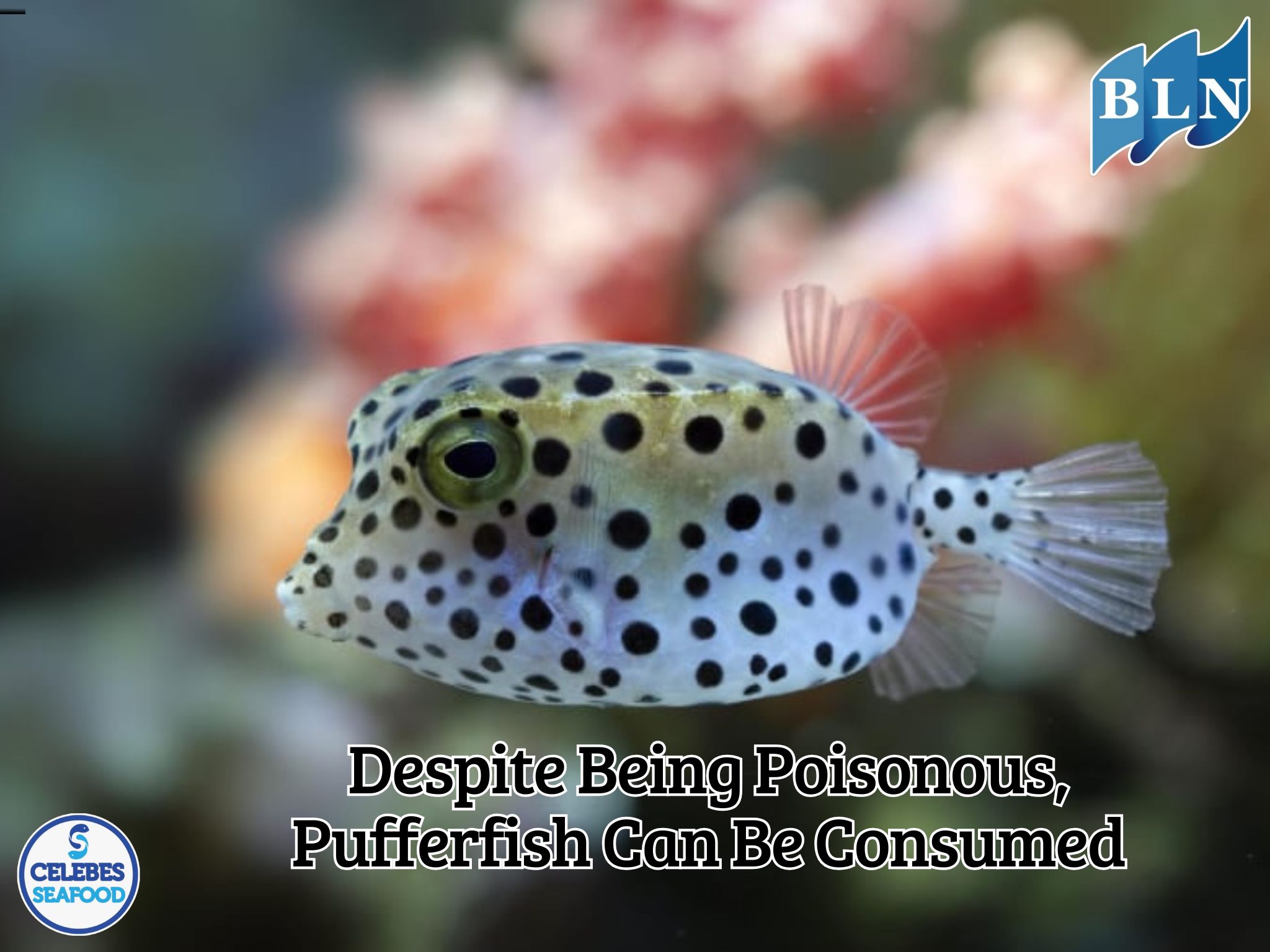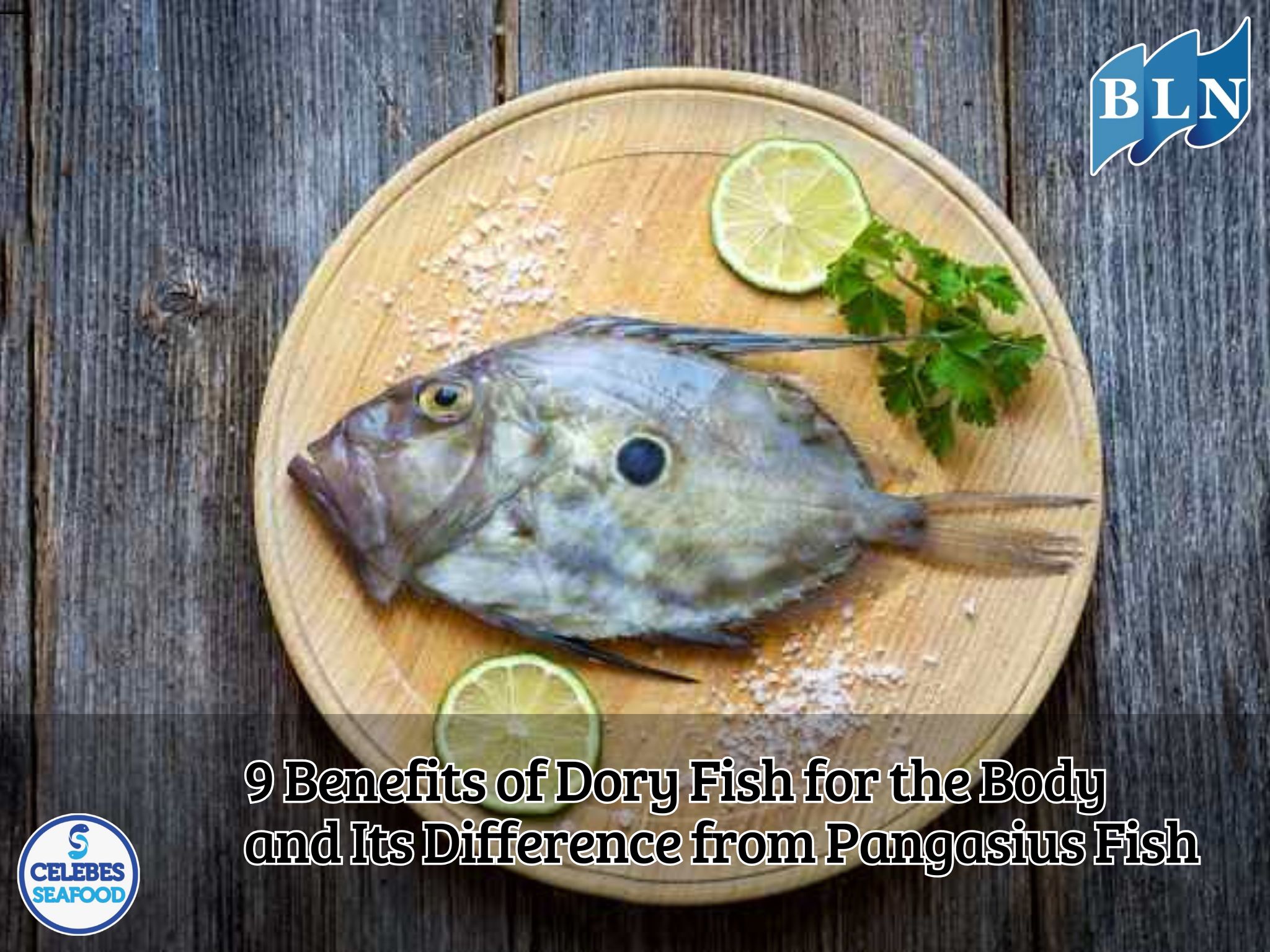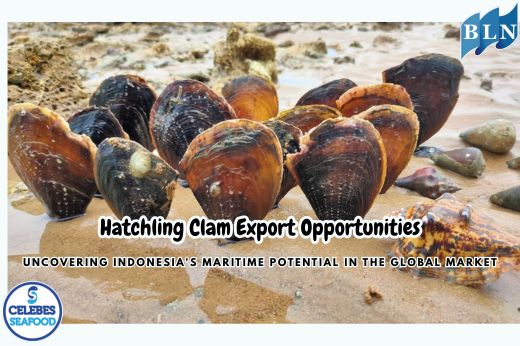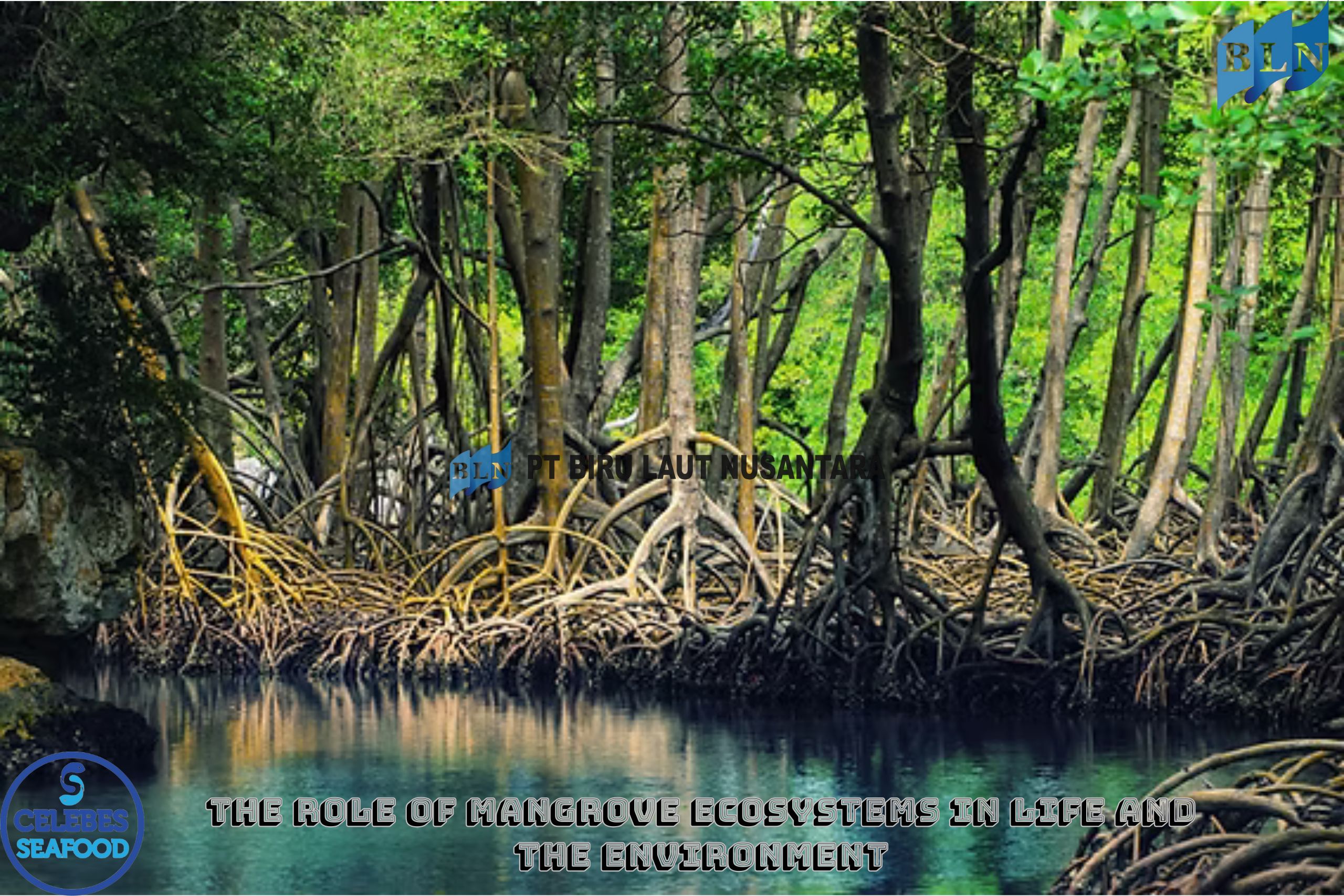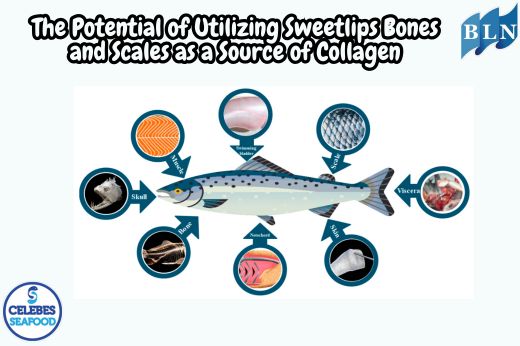The Future of Fan Prawns: Business Prospects and Sustainability Challenges
By. Alfian - 30 Jul 2025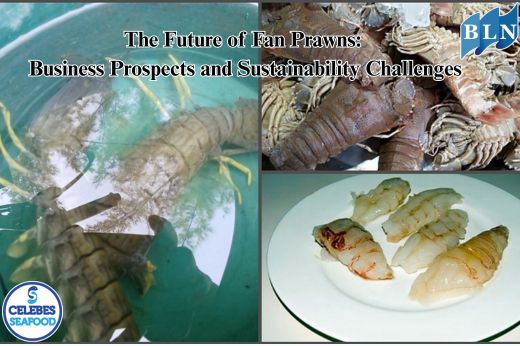
lautnusantara.com Slipper lobsters are an increasingly sought-after seafood commodity, known for their sweet meat and unique texture. In the global market, fan prawns are often considered a luxury alternative to lobster, promising bright business prospects. However, behind their economic potential, there are serious sustainability challenges that must be addressed to ensure the survival of this species and its industry.
- Fan Prawn Business Prospects
The potential of the fan prawn business is driven by several factors:
- Increasing Market Demand: With increasing purchasing power and appreciation for premium seafood, demand for fan prawns continues to rise, especially in Asian markets and Western countries. Their tender meat and sweet flavor make them an attractive choice in fine restaurants and hotels.
- High Selling Value: Fan prawns generally command a higher selling price than regular shrimp, comparable to crabs or small lobsters. This makes them a lucrative target for fishermen and exporters.
- Diversification of Processed Products: In addition to being sold fresh, fantail shrimp can be processed into various high-value-added products such as frozen shellfish, ready-to-cook dishes, or even ingredients for gourmet soups and broths, opening up broader market opportunities.
- Export Potential: Countries with tropical waters like Indonesia have great potential to become major exporters of fantail shrimp, given their abundant natural habitat in warm waters.
- Sustainability Challenges
While the business prospects are promising, the future of fantail shrimp depends heavily on our ability to address sustainability challenges:
- Overfishing: Increasing demand directly increases fishing pressure. If not managed properly, uncontrolled fishing practices can lead to a drastic decline in wild fantail shrimp populations. Some areas are already showing signs of stock decline.
- Destructive Fishing Methods: Some non-selective fishing gear, such as bottom trawls or inappropriate gillnets, can damage the seabed habitats (such as coral reefs or seagrass beds) that fantail shrimp depend on. These gears also risk catching young fantail shrimp or causing bycatch of non-target species.
- Lack of Data and Research: Data on the population stock, reproductive biology, and migration of fantail shrimp is still limited compared to other fishery commodities. This lack of data makes it difficult to develop effective, science-based management policies.
- Habitat Destruction: Marine pollution, sedimentation, and climate change are causing the degradation of critical fantail shrimp habitat. The destruction of coral reefs, seagrass beds, and healthy seabeds will directly impact the survival of this species.
- Limitations to Aquaculture: Commercial-scale fantail shrimp cultivation still faces significant challenges, particularly in terms of hatchery and grow-out. Dependence on wild capture makes this species highly vulnerable to unsustainable fishing practices. The development of efficient aquaculture technologies is key to reducing pressure on wild stocks.
- Illegal, Unreported, and Unregulated (IUU) Fishing: IUU fishing complicates management and conservation efforts, as unreported catches or those originating from restricted zones are not included in stock counts, exacerbating overfishing.
- Sustainability Strategy
To ensure a sustainable future for fantail shrimp, a holistic approach is required:
- Science-Based Fisheries Management: Implement strict catch quotas, establish minimum catch sizes, and close fishing areas or seasons to protect the reproductive phase.
- Selective Fishing Gear Development: Encourage the use of more environmentally friendly fishing gear and minimize bycatch.
- Investment in Research and Aquaculture: Support research into fantail shrimp biology and the development of efficient aquaculture technologies to reduce dependence on wild stocks.
- Habitat Protection: Implement policies to protect and restore crucial marine habitats.
- Law Enforcement: Strengthen law enforcement against IUU fishing practices.
- Certification and Traceability: Promote sustainable fisheries certification (e.g., MSC) and product traceability systems to ensure that fantail shrimp are sourced responsibly.
The future of fantail shrimp holds significant business potential, but this can only be realized with a strong commitment to sustainability. Without wise management, the deliciousness of fantail shrimp may become a distant memory.
If you are interested in our SLIPPER LOBSTER MEAT, SLIPPER LOBSTER WHOLE ROUND please do not hesitate to contact us through email and/or whatsapp
